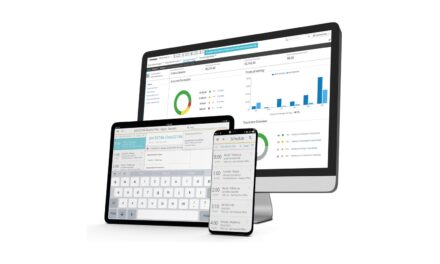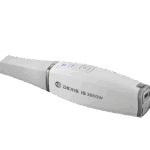When making elective healthcare decisions, consumers conduct extensive and simultaneous research into both the procedure and how they are going to pay for it, according to a study conducted on behalf of CareCredit, a healthcare financing company.
The Consumers’ Path to Healthcare Purchases Study sought to gain a deeper understanding of the unique way consumers research, consider, and purchase healthcare services in six medical specialties: dentistry, ophthalmology, optometric care, veterinary care, cosmetic procedures, and hearing health.
The study, conducted in the third quarter of 2014, found that the path to purchase process across all healthcare categories reviewed is comprehensive, with consumers taking an average of five steps and an average of 76 days to conduct research. The complexity of the research process that patients and clients undertake before committing to a significant elective healthcare purchase is influenced by the level of need, cost, how insurance benefits impact out-of-pocket expenses, and perceived risk.
Consumer research is conducted online and off, including a preliminary visit to the provider’s office and discussions with family and friends. Cost is not researched independently; rather it is considered at the same time as other factors, including whether to invest in the procedure or device itself and the selection of provider. Seventy percent of respondents said they researched the procedure, while 73% said they researched costs, including the availability of financing.
“These findings underscore that cost and the availability of financing options are important factors in elective healthcare purchases, leading consumers to research both the treatment and payment options extensively and at the same time,” said Dave Fasoli, CEO, CareCredit. “Understanding how consumers approach their healthcare decisions and the critical role of financing in considering a provider and a purchase are valuable insights to help ensure they have relevant information to make informed decisions.”
Other findings from the study include:
- The majority (90%) of CareCredit cardholders said that financing is a tool that helps them be prepared for unplanned health expenses.
- Nearly half (47%) of CareCredit cardholders surveyed would not have made the purchase or would seek another provider if theirs did not have financing available.
- Nearly 80% of all respondents said financing makes it easier to budget for their healthcare purchase.
- The majority (75%) of CareCredit cardholders are likely to use their card again.
- An average of 76 days is spent on research across the six healthcare categories studied—dentistry, ophthalmology, optometric care, veterinary care, cosmetic procedures, and hearing health; with cosmetic procedures taking the longest amount of time—at nearly 145 days.
The study was conducted by Rothstein Tauber Inc, on behalf of CareCredit, and included an online survey of 1,954 consumers—including 496 CareCredit cardholders and 1,458 non-CareCredit cardholders—who had made an elective healthcare purchase in the past 12 months, or who were likely to make an elective healthcare purchase in the next 12 months.









